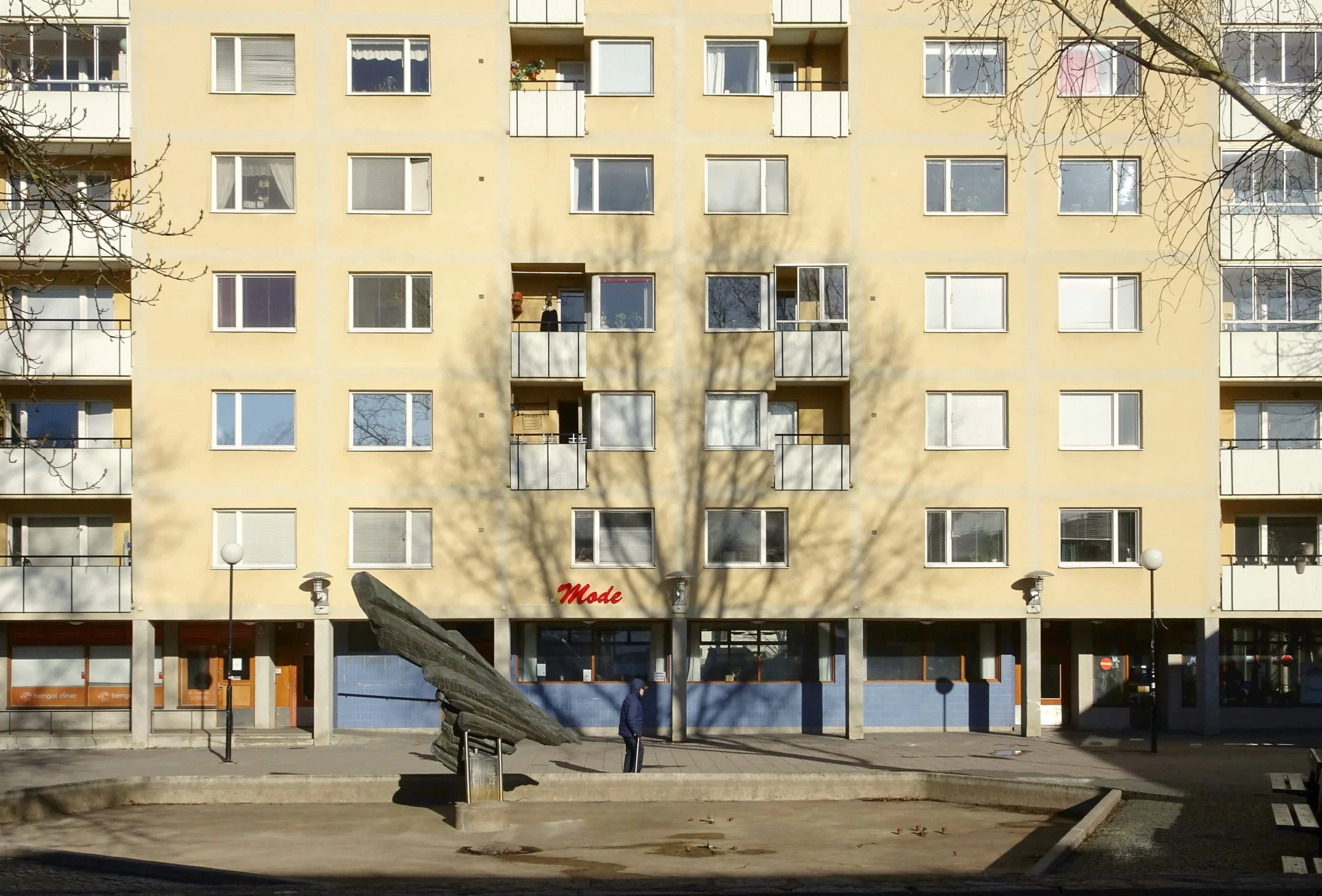Context and Publication
This article, authored by David J. Thompson and published by Shelterforce on October 25, 2024, addresses the housing supply crisis affecting low- to moderate-income households in the United States. It highlights the inadequacies of current funding programs and presents Sweden's housing cooperatives as a potential model for sustainable, moderate-income housing solutions.
The Housing Crisis in the U.S.
In the U.S., the Low-Income Housing Tax Credit program aids low-income families, but similar support for moderate-income households is lacking. Families earning between 80 and 120 percent of the area median income (AMI) face significant barriers to homeownership, leading to an increasing demand for affordable housing options. Limited equity housing cooperatives (LEHCs) are proposed as a sustainable solution for providing permanently affordable homeownership, but they require government support to develop effectively.
🇪 Sweden's Cooperative Housing Model
Sweden has successfully integrated cooperative housing into its market, with nearly 25% of the country’s housing stock consisting of cooperatives. Organizations like HSB Riksförbund and Riksbyggen manage a significant number of these units, with over 675,000 active members in HSB alone. The cooperative model allows low- and moderate-income families to hold ownership shares in apartment buildings, promoting affordable housing solutions.
Impact of Economic Factors
The 2023 recession in Sweden has caused disruptions in the housing sector, with many municipalities selling off publicly owned apartments to private investors. This shift has led to a decrease in affordable housing availability, which poses challenges for moderate-income families. The largest private real estate company, SBB, experienced a dramatic decline in its share value, further complicating the landscape for affordable housing.
Lessons for the U.S.
The article emphasizes the importance of building a national organization to support regional cooperative associations, akin to Sweden's HSB model. By leveraging community savings, such as the nearly $500 million saved by future co-op residents, the U.S. could develop new housing cooperatives. The report calls for a renewed focus on cooperative housing as a viable option for moderate-income families, advocating for government programs that support this model.
About the Author
David J. Thompson has co-developed non-profit and cooperative housing initiatives that have provided shelter to over 10,000 individuals. His experience positions him as a knowledgeable advocate for sustainable housing solutions.

